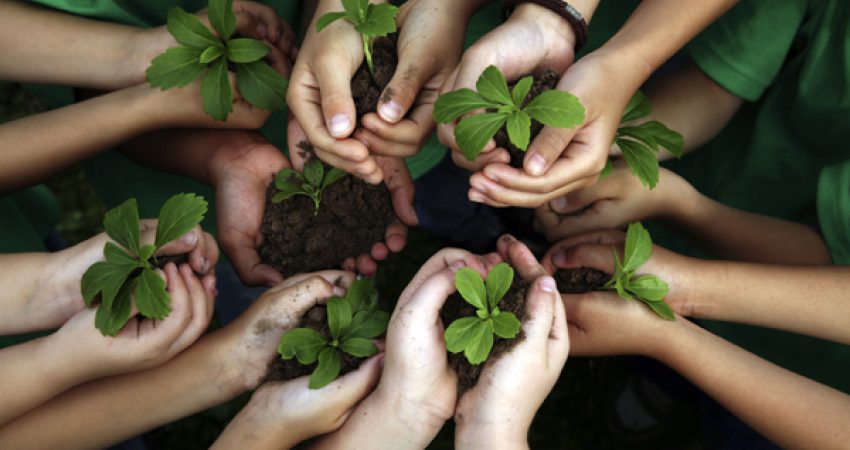
By Heather King - November 2013
PAPER CITATION
Devine-Wright, P., Devine-Wright, H., & Fleming, P. (2004). Situational influences upon children’s beliefs about global warming and energy. Environmental Education Research, 10(4), 493–506.
Research Brief
In this study, researchers investigated levels of awareness of and responsibility for global climate change in two groups of children. The researchers argue that understanding the nature of beliefs, and how they may be modified by particular influences, is important if educators are to challenge the status quo, in which “the majority of individuals do not believe that they are responsible for or can engage in any actions which will be environmentally efficacious” (Uzzell, 2000, p. 314).
The Study
The researchers hypothesized that members of the Woodcraft Folk—a youth organization dedicated to the principles of equality, friendship, peace, and cooperation—would have greater levels of self-efficacy and be more ready to act on global climate change than would a comparison sample who did not share the same values.
The researchers used a questionnaire to examine the beliefs of 82 children (aged 9–12) involved with the Woodcraft Folk. Another 59 children in the same age range were recruited as the comparison group.
Findings showed that Woodcraft Folk children were more convinced that climate change was occurring than were children in the comparison group. They were also more likely to think that their actions would make a difference. This group reported significantly higher levels of responsibility, self-efficacy, environmental concern, and personal awareness.
The researchers postulated that exposure to a cooperative learning environment had a significant and positive effect on the Woodcraft Folk children’s beliefs.
Implications for Practice
The study suggests that the principles of active cooperation and participation can be key in promoting self-efficacy. The additional principles of environmental awareness and equality are also important in building self-efficacy for countering climate change.
Significantly, these principles are apparent in many informal science programs. Informal science educators, therefore, are well placed to communicate effectively about climate change science. They can provide learning experiences that really do empower learners to make a difference.
However, the authors of this study raise an important caveat: “To what degree is it morally consistent for educators to promote high levels of self efficacy in children when at the same time they themselves may feel that individuals can make only a little impact upon large scale serious environmental problems?” (p. 503).
Furthermore, the authors wonder if it is right to promote self-efficacy in children that may lead to later disillusionment when the children reach adulthood and encounter widespread notions that individuals can do nothing.
Arguably, the onus is on informal science educators to equip themselves with deeper knowledge to enhance their own beliefs regarding self-efficacy. From such a position, they will be better able help young people attain and retain greater levels of self-efficacy in relation to reducing the impacts of global climate change. Young people do grow up. If their beliefs stay with them, their actions as adults may make the difference.
Reference
Uzzell, D. (2000) The psycho-spatial dimension of global environmental problems, Journal of Environmental Psychology, 20, 307±318.




